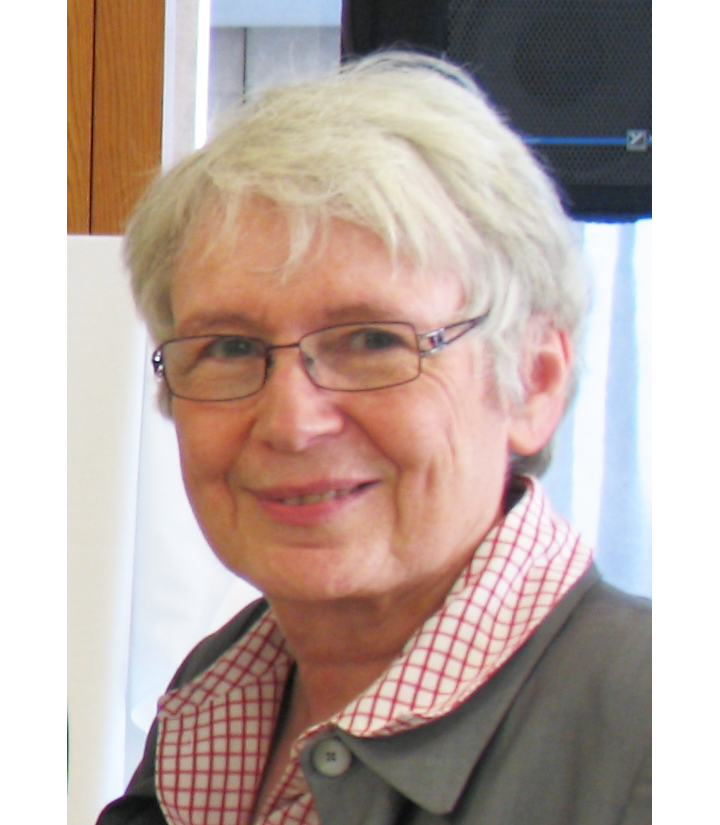No Health without Mental Health
Mental Health Matters: Stay Aware
Caroline Kwok Fei-Yeng (’68)
Mental disorders
Major mental disorders include mood disorders (major depressive disorder and bipolar disorder), anxiety disorders, schizophrenia, dementia, and developmental disorders. In this article, I am going to discuss mood disorders, its impacts on our physical health, and some coping strategies to maintain good mental health.
Research on mood disorders
In 2019, the World Health Organization (WHO) states that 264 million people globally are affected with major depression and 45 million suffer from bipolar disorder. Women suffer from mood disorders more than men. The University of Hong Kong finds that nearly one in ten people in Hong Kong has depressive symptoms in 2019. Many have suicidal thoughts. In Canada, one in five Canadians suffers from mental illness. I am one of the 1% Canadians with a bipolar disorder.
Mental health and physical health correlations
Until recently, I was ignorant of the important connection between mental health and physical health. My own craving for desserts, plus no real knowledge of proper food choice, no interest in exercise, added to the multiple stresses of my bipolar illness, and led to a diagnosis of type two diabetes in 1992.
I now know that people with serious mental health conditions are at a high risk of experiencing chronic physical conditions such as diabetes, high blood pressure, heart diseases, and stroke. Also, people with chronic physical conditions, for example, asthma and arthritis, are at risk of developing poor mental health.
My two-week coma
I suffered from a two-week coma from an overdose of medications prescribed by a psychiatrist. A tracheotomy had to be performed. I have to thank God for my survival. My coma alerted me to the need of taking charge of my own health. I now take an appropriate dose of medications for my mental illness as well as my diabetes.
Lifestyle changes
1. Exercise
I now know that exercise is important. I joined the YMCA. During the pandemic, I exercise using YouTube videos. I find that after doing exercise, my mood improves.
2. Nutritious food and supplements
I try my best to choose healthy foods. I always look at the label before buying. I have not had ice-cream or white rice for a long time. Harvard Medical School’s research shows that omega-3 fatty acids can help stabilize mood disorders. I have been taking this supplement ever since my coma. In the past, I did not enjoy cooking. But the pandemic has forced me to cook at home and now I find that I like it. One surprise is that my diabetic test results are now always perfect.
3. Sleep
One symptom for my bipolar disorder is insomnia. I now take a small dose of a sleeping aid and sleep for eight to nine hours. Sleep is important for everyone.
4. De-stress
When I first became ill, except for my Ying Wa friends, few of my relatives accepted me. I was teaching full-time, and taking care of my aging mother. I was stressed and did not know any de-stressing strategies. But now, I do. Taking things one day at a time, developing interests and reaching out to understanding friends - these methods work.
5. Enjoy the present
I was nicknamed “worrier” by my classmates in Ying Wa. But now, as I age, I enjoy every moment of my life. I trust God and live for the day.
6. Confidence and self-esteem
Many people with mood disorders lose their confidence and self-esteem, partly due to the social stigma they encounter. Now I feel I can use my experience to help others.
Conclusion
To maintain overall good health, awareness of mental health is crucial.


Order Information for Caroline’s latest book - “Journeys of Renewed Hope”
Please click the above book cover for Caroline’s introduction of the seven stories in the book.
Coverage of Caroline in the September 2004 issue of our newsletter can be accessed here.
Editor’s note:
Her voice has been heard again
Caroline Kwok Fei Yeng (郭飛瑩), nicknamed as Kar Lei (咖哩), was active in her Ying Wa days. She was a member of the folk song group, The Jumping Beans, that had performed at various schools in Hong Kong. She also enjoyed the Literary and Debating Club and was the captain of several debating teams. With Miss Hepple, the English Literature teacher then, as the coach, she and her classmate, Jane Cheung Yuk Jun (蔣玉珍), won first prize with the Garrison Trophy Award for their performance of a scene from Shakespeare’s The Tempest at the 1969-70 Hong Kong Speech Festival.
But as an inpatient in psychiatric wards for her bipolar disorder, her voice was kept silent. She became a voiceless bird in a cage.
Now, fully recovered, her voice is heard once again as a mental health advocate and as a recovery educator through her three books (“The Tormented Mind”, 《窗外的彩霞》and “Journeys of Renewed Hope”), published articles in psychiatric journals and public presentations.
Her three awards (the 2001 Courage to Come Back Award, the 2017 Difference Maker Award, and the 2020 Faces of Mental Health Award) would hopefully enable her to make possible changes in the mental health field, and help others suffering from mental illness have their voices heard as well.
Readers may wish to watch the 2020 Faces of Mental Health Award interview of Caroline at https://www.youtube.com/watch?v=-r_oO68aCu8 and an interview conducted by Mr Francis Kwan, Principal, in June 2017 at https://www.youtube.com/watch?v=By1I8GvVz1s&feature=youtu.be and https://www.youtube.com/watch?v=vsuzLybeMRQ&feature=youtu.be.

